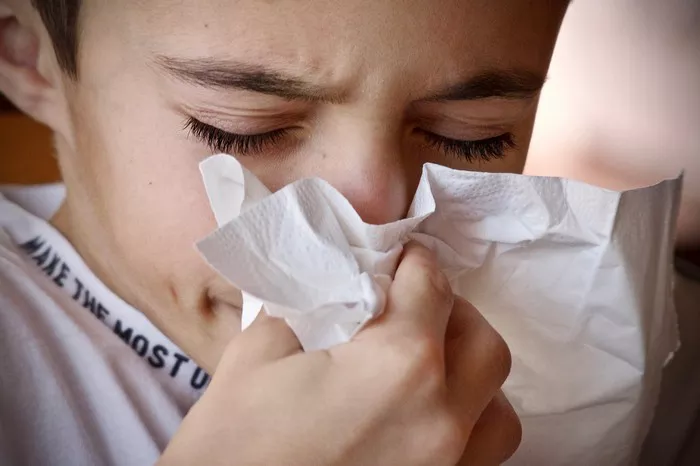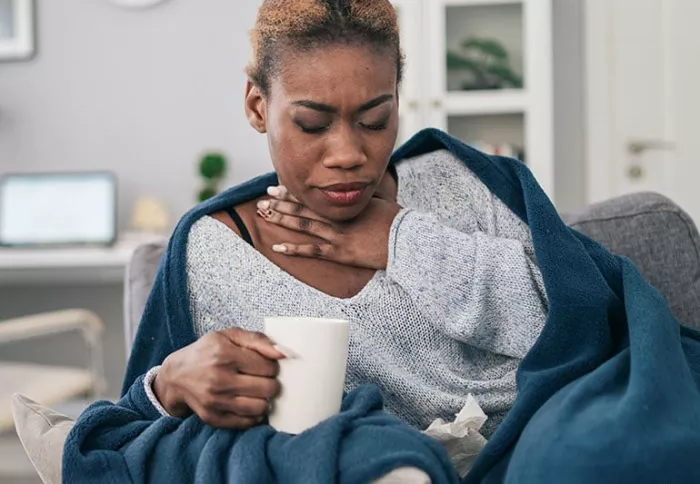In a bid to enhance support for women grappling with postnatal depression or mental health issues related to pregnancy or childbirth, the National Health Service (NHS) in England is introducing new guidance urging General Practitioners (GPs) to delve into detailed discussions with mothers about the potential impact of pregnancy on their mental well-being.
The initiative, spearheaded by NHS England, seeks to refine the assistance provided to women facing postnatal mental health challenges. Under the updated guidance, GPs will incorporate more comprehensive inquiries during postnatal health checks conducted six to eight weeks after childbirth.
GPs will be more vigilant, seeking indicators of conditions such as postnatal Post-Traumatic Stress Disorder (PTSD) arising from traumatic birthing experiences or psychosis associated with childbirth.
Should a GP discern a need for mental health support, the individual will be directed to specialized maternal mental health services, which have seen expansion in recent years.
Statistics reveal that one in four of the approximately 600,000 women giving birth in England annually develops mental health issues due to pregnancy or childbirth.
NHS England collaborated with the Royal College of GPs (RCGP) to formulate this groundbreaking guidance, aiming to alleviate suffering, address the £8.1 billion annual cost of maternal mental ill-health, and mitigate the risk of new mothers contemplating self-harm.
Victoria Atkins, the health secretary, emphasized the importance of supporting mothers post-birth, encompassing both mental and physical health, for a robust recovery and an optimal start for newborns.
The health check also serves as an opportunity for mothers to address any physical health concerns. Dame Lesley Regan, the government’s women’s health ambassador, highlighted that the guidance extends beyond immediate postnatal care, offering insights into long-term health implications like gestational diabetes, hypertension, and depression.
Professor Kamila Hawthorne, RCGP’s chair, welcomed the guidance, acknowledging its recognition of the significance and complexity of postnatal consultations. However, she emphasized the need for extended consultation times, as postnatal conditions often require more than the standard 10-minute appointment and necessitate follow-up consultations.

































